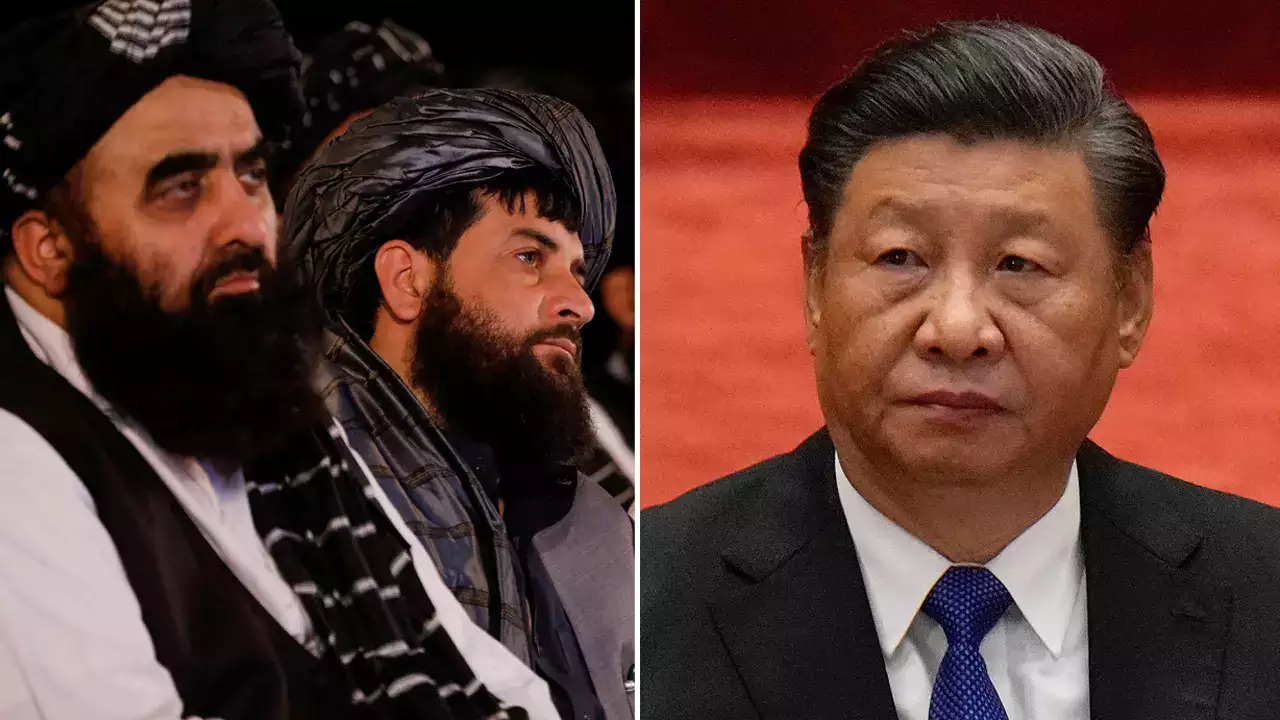China’s new Afghan diplomacy, as a promise to assist Afghanistan escape its current condition of isolation on the international scene, China has been aggressively handling Afghanistan’s foreign relations.
Last week in Islamabad, China’s State Councillor and Foreign Minister Qin Gang met with Pakistan’s Bilawal Bhutto Zardari and the Taliban’s acting foreign minister, Amir Khan Muttaqi, to conduct talks as part of the China-Afghanistan-Pakistan Foreign Minister’s Dialogue.
The stability of Afghanistan is significantly more important since its instability would affect the neighbouring nations. The existence of Tehreek-e-Taliban Pakistan and its hideouts in Pakistan has caused disagreements between the Taliban authority and Pakistani officials.
The TTP and its hideouts in Pakistan were allegedly supported by the Taliban-controlled government there, although the Taliban refuted any such claims, according to The New Arab.
Statistics show that the illegal TTP has carried out over 150 strikes in surrounding countries in 2022, with potential for regional spillover.
Also Read this: https://thedurandtimes.com/news-china-pakistan-reconstruction-collaboration/
China hopes to promote peace to the area after the Taliban seized power in Afghanistan in August 2021 through strategic collaboration under a trilateral arrangement. According to Qin, the foreign minister of China, “there should be no ‘double standards’ in fighting terrorism,” according to The New Arab.
In the hope that Kabul and Islamabad would likewise strengthen security measures for Chinese people, institutions, and project groups operating in their countries, the Chinese FM then concentrated on crucial regional concerns including the unsolved Kashmir conflict and new geopolitical alignments in the area.
Also Read this: https://pukhtunnama.com/imran-khan-pakistani-violence-kills-as-former-pm-is-accused-of-corruption/
According to analysts, China’s two primary goals are to strengthen its economic power so that it can take part in the exploitation of natural resources and the development of infrastructure, as well as to emerge as a regional powerhouse and play a specialised role in preserving peace and security.

China has recently made significant investments in Afghanistan’s energy and lithium resources. The value of the lithium mining industry in Afghanistan is estimated to be more than $3 trillion, and the China-based Gochin Company is showing interest in investing over $10 billion in this industry.
This suggests that China has chosen to maintain control over the nation’s natural resources, notably its lithium reserves, which are crucial to the world’s mineral supply networks.
Since the Taliban took over Kabul, Beijing has attempted to strengthen its economic ties with Afghanistan and seize control of its natural resources. To renegotiate and resume previous mining and oil contracts, Chinese companies and government have approached Taliban commanders.
The Taliban and the Xinjiang Central Asia Petroleum and Gas Company (CAPEIC) agreed to a contract on 6 January for the extraction of oil from the Amu Darya basin. In the agreement, the first year will see an investment of 150 million dollars, and over the next three years, there will be an investment of 540 million dollars. A larger presence in Afghanistan strengthens China’s regional power and influence.
China is in command of the global lithium battery supply chain, despite not currently possessing even remotely comparable lithium deposits. China has 58% of the world’s refining capacity, according to the International Energy Agency. According to a projection made by UBS AG, mines controlled by China would produce 705,000 tonnes more lithium by 2025 than they did in 2022 (194,000 tonnes).
As a result, China would account for 32% of the global supply of minerals needed for electric car batteries, up from 24% in 2021. Before it’s too late, other countries may need to minimise their reliance on China’s lithium supply and develop a secure, independent lithium supply.
This may make those countries’ supply chains more dangerous. There is a genuine risk that China may control the lithium market, much as OPEC did with crude oil.

